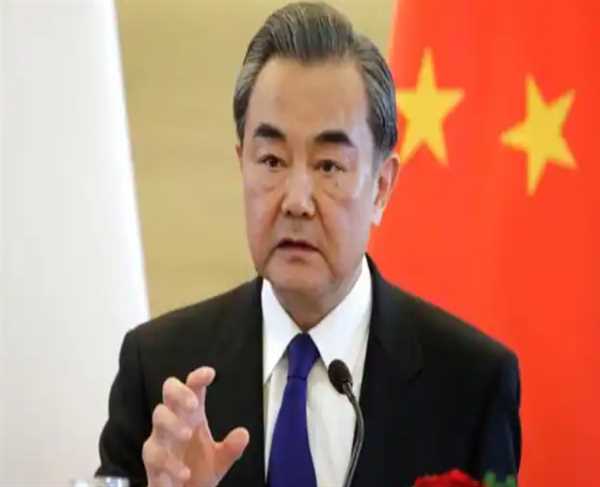It has been over sixty years since the Chinese Civil War ended with the Communist Party in control of the mainland and the Nationalist Party retreating to Taiwan. For most of that time, the two sides have been in a state of the Cold War, with neither side able to gain a decisive advantage over the other. In recent years, however, there have been increasing calls for reunification between the two sides, and with the election of a pro-unification president in Taiwan, it seems that reunification may finally be a possibility.
But what would reunification mean for China? How strong would China be after reunification with Taiwan?
There are a number of factors that would contribute to China's strength after reunification.
First, China would gain control of Taiwan's economy. Taiwan is one of the world's leading economies, and its addition to the Chinese economy would make China an even more powerful economic force.
Second, China would gain control of Taiwan's military. Taiwan has a strong military, and its addition to the Chinese military would make China a much more powerful force in the region.
Third, China would gain control of Taiwan's political system. Taiwan is a democracy, and its addition to the Chinese political system would add to China's legitimacy as a global power.
Fourth, China would gain control of Taiwan's population. Taiwan has a population of over 23 million, and its addition to the Chinese population would make China an even larger country.
Overall, reunification would be a positive development for China. It would make China stronger economically, militarily, politically, and demographically. It would also add to China's legitimacy as a global power.

However, there are also a number of risks associated with reunification.
First, it is possible that reunification could lead to increased tensions with the United States. The United States has long been a supporter of Taiwan, and it is possible that it would view reunification as a threat to its interests in the region.
Second, reunification could also lead to increased tensions with Japan. Japan is also a supporter of Taiwan, and it is possible that it would view reunification as a threat to its interests in the region.
Third, reunification could lead to increased tensions with other countries in the region, such as South Korea and the Philippines. These countries may view reunification as a threat to their own interests in the region.
Fourth, reunification could also lead to increased tensions within China itself. There are a number of different ethnic groups within China, and it is possible that reunification could lead to increased tensions between these groups.
Overall, reunification is a risky proposition for China. It could lead to increased tensions with the United States, Japan, and other countries in the region. It could also lead to increased tensions within China itself. However, the potential benefits of reunification make it a risk worth taking.